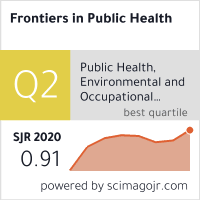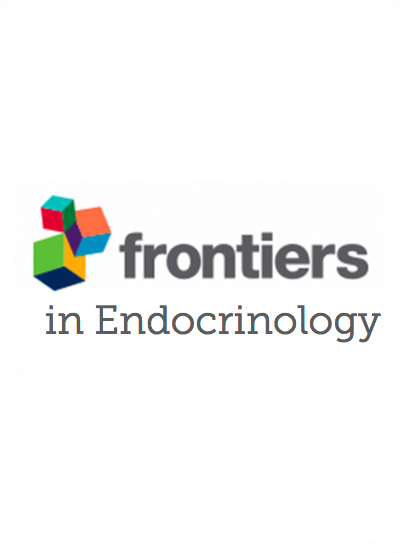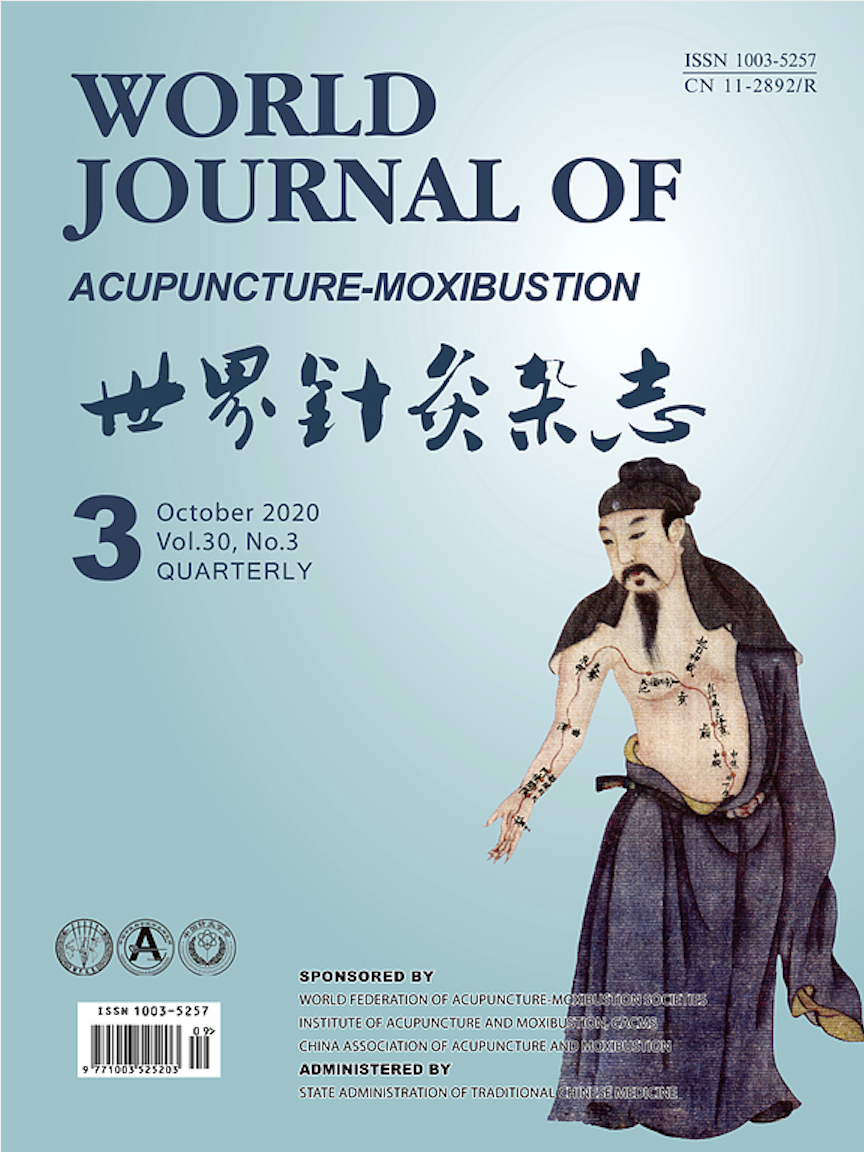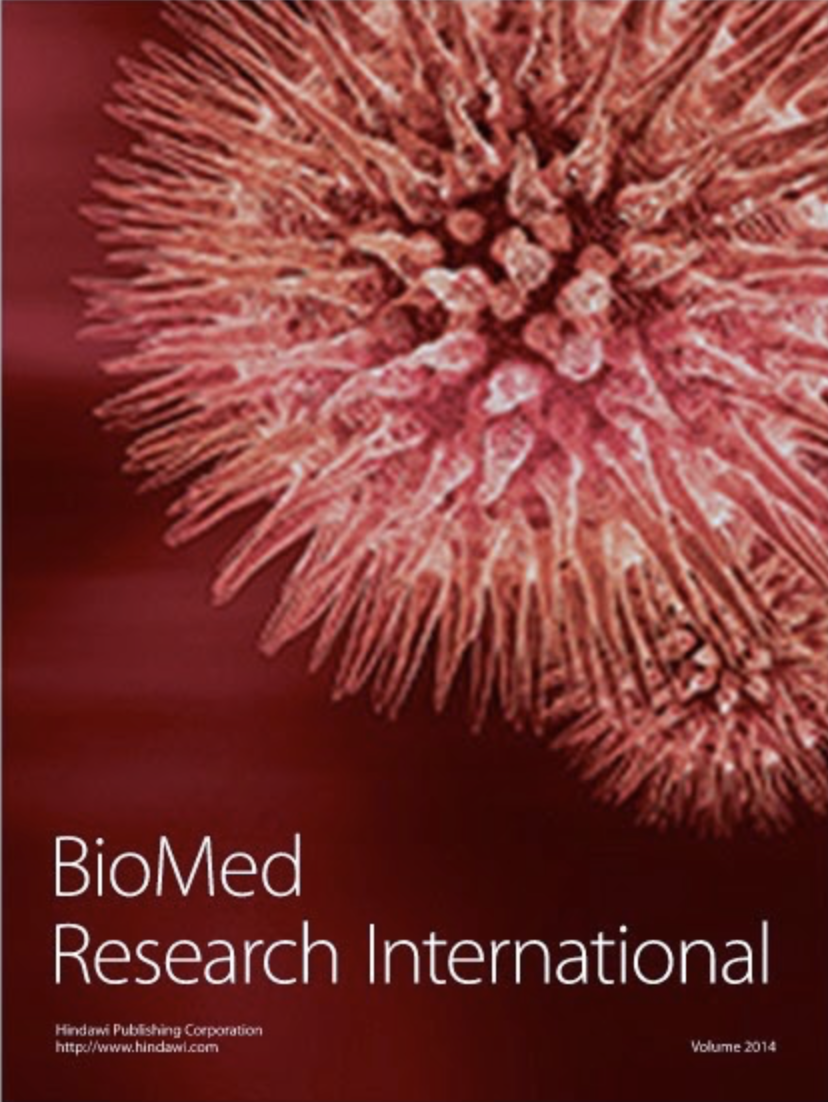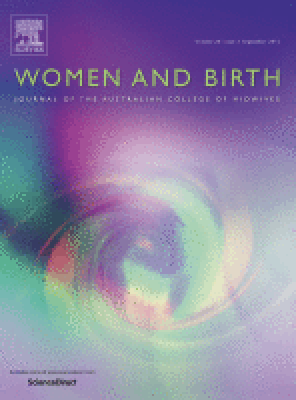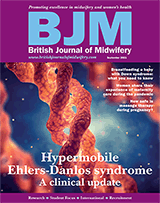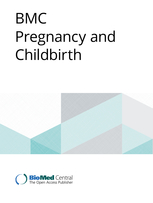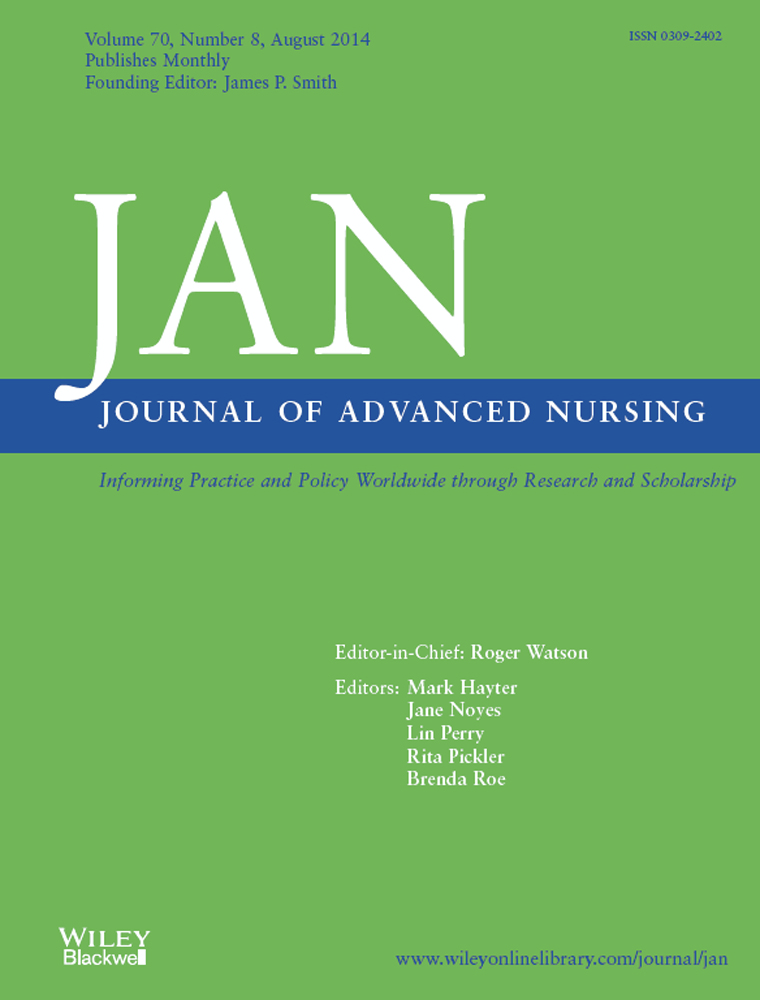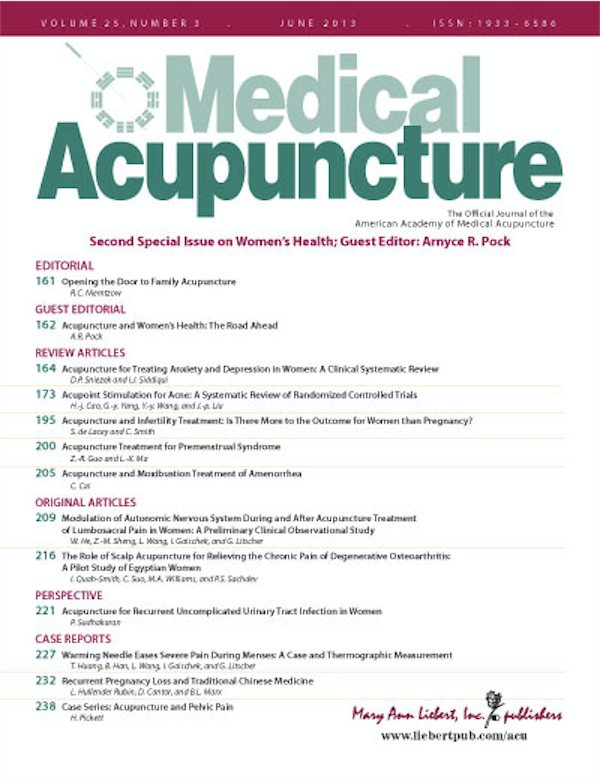
Acupuncture for Pregnancy Symptoms & Postnatal Depression.
Pregnancy is a time of significant and rapid changes for a woman's body. The average length of pregnancy (gestation) is counted as 40 weeks, starting from the first day of the mother's last menstrual period.
The chance of miscarriage is highest in the first trimester (12 weeks) of pregnancy and any symptoms of threatened miscarriage including abdominal cramps and vaginal bleeding must be investigated promptly.
Diagnosing and managing symptoms of perinatal anxiety and depression during pregnancy is also important, as it can be a serious illness that affects up to one in five expecting or new mothers.
What does the research say?
The following insights are obtained from systematic reviews and analysis of clinical trials investigating the efficacy of Chinese medicine and acupuncture for pregnancy symptoms & postnatal depression.
2022 Frontiers in Public Health
The study found that acupuncture as an adjuvant therapy for frozen-thawed embryo transfer (FET) in infertile women had positive effects on pregnancy outcomes.
The study investigates the effects of acupuncture as supplementary therapy for frozen-thawed embryo transfer (FET) in infertile women. It finds significant positive impacts on clinical pregnancy rate, biochemical pregnancy rate, endometrial thickness, and pattern. However, the evidence quality is considered unsatisfactory, prompting a call for more robust research and refined acupuncture protocols.
Effects of acupuncture on the pregnancy outcomes of frozen-thawed embryo transfer: A systematic review and meta-analysis Zhu C, Xia W, Huang J, Zhang X, Li F, Yu X, Ma J, Zeng Q
2022 Frontiers in Endocrinology
PCOS patients suggests that combining acupuncture with metformin might enhance pregnancy and ovulation rates, as well as improve insulin resistance.
The study initially screened 330 relevant articles, eventually including nine randomized controlled trials (RCTs) that met the inclusion criteria. These trials encompassed 1,159 patients with PCOS who underwent acupuncture or acupuncture combined with metformin treatment. Using the GRADE method, a "Summary of Findings" table was employed to evaluate the quality of evidence for various outcome measures. The main results indicated that acupuncture combined with metformin exhibited superiority over metformin alone in terms of pregnancy rate, ovulation rate, and HOMA-IR (insulin resistance). Subgroup analysis highlighted that diagnostic criteria and random methods contributed to heterogeneity in results.
However, the evidence's quality was predominantly low or very low due to study limitations, inconsistencies, and imprecisions. The intervention measures, such as acupuncture methods and treatment parameters, varied substantially among studies. Challenges in contacting original authors and incomplete information posed further limitations. The study suggested potential improvements in pregnancy rate, ovulation rate, and HOMA-IR with acupuncture combined with metformin, but these findings were subject to uncertainties related to diagnostic criteria and overall evidence quality. Consequently, the conclusive efficacy of acupuncture combined with metformin for treating PCOS remains uncertain due to the dearth of high-quality research. The study called for well-designed and well-executed RCTs to address this question under standardized diagnostic criteria and treatment protocols for acupuncture and metformin.
Acupuncture combined with metformin versus metformin alone to improve pregnancy rate in polycystic ovary syndrome: A systematic review and meta-analysis Chen X, Lan Y, Yang L, Liu Y, Li H, Zhu X, Zhao Y, Long C, Wang M, Xie Q, Li Z, Wu J
2021 Evidence-Based Complementary and Alternative Medicine
Acupuncture is an effective approach for hyperemesis gravidarum and has a great potential to mitigate ketonuria, ease nausea and vomiting, increase food intake, and shorten the hospital stay.
Studies meeting inclusion criteria, from 1995 to 2020, have been incorporated into this meta-analysis to make evaluations on the outcome of acupuncture in the treatment of hyperemesis gravidarum (HG). Totally, 16 studies and 1043 patients (531 vs 512) were covered. According to this study, acupuncture was more effective than the conventional treatment of HG; it could better promote the conversion of the urinary ketone to improve ketonuria. In terms of symptoms, acupuncture seems to be more effective in reducing nausea and vomiting and increasing food intake.
In short, acupuncture is an effective approach for HG and has a great potential to mitigate ketonuria, ease nausea and vomiting, increase food intake, and shorten the hospital stay. There is some evidence that acupuncture may be utilized as a supplement and alternative to HG. However, the poor quality of the incorporated studies and potential publication bias can exert a certain impact on the results. For the better clinical application and promotion of acupuncture in the treatment of HG, more large-scale samples, multi-center, and top-quality RCTs are needed urgently. In the future, it is necessary to further study the relationship between acupuncture and conventional medication and acupuncture placebo to obtain the best clinical solution.
Effectiveness of Acupuncture in the Treatment of Hyperemesis Gravidarum: A Systematic Review and Meta-Analysis Haizhen Lu, Chengwen Zheng, Yanmei Zhong, Linhao Cheng, Yi Zhou
2021 World Journal of Acupuncture-Moxibustion
Acupuncture treatment for postpartum depression is effective and can improve Hamilton Depression (HAMD) Scale, Edinburgh Postnatal Depression Scale (EPDS) and serum estradiol scores.
Meta analysis was conducted in the literature in recent 10 years relating to clinical randomized controlled trials of acupuncture in treatment of postpartum depression, which provided references for acupuncture in treatment of postpartum depression.
Fourteen articles were included in this study, among which, acupuncture group was set as treatment group, and oral administration of fluoxetine as control group in 4 articles; acupuncture group was set as treatment group, and oral administration of maltodextrin granules as control group in 2 articles. The differences in the 6 articles were statistically significant, without interference from other compound factors.
Meta analysis on acupuncture for postpartum depression WANG, J., TAN, L., MEI, Q., ZHENG, Q., YANG, S., & MEI, Z.
2020 BioMed Research International
Endometriosis and Adenomyosis can have impact on miscarriage risk in pregnancy.
The study analyzed 39 publications involving 697,984 women to assess the impact of endometriosis (EMS) and adenomyosis (AD) on miscarriage risk. Women with EMS showed increased miscarriage risk in spontaneous conception (SC), but similar risk in assisted reproductive technology (ART) compared to tubal infertility. AD was associated with higher miscarriage risk in ART. Sensitivity analyses supported these conclusions. EMS staging did not significantly alter miscarriage risk. Early-stage EMS showed higher early abortion risk. No significant associations were found between EMS and low birthweight, placental abruption, intrauterine growth restriction, or preeclampsia. EMS correlated with higher odds of antepartum hemorrhage, postpartum hemorrhage, preterm birth, placenta praevia, and stillbirth. SUP and DIE were linked to increased miscarriage risk, while OMA showed no significant association. The findings suggest the need for closer monitoring and follow-up for pregnant women with EMS or AD, particularly in early pregnancy. Standardized recording of EMS types, stages, and miscarriage timing is recommended for future studies.
Miscarriage on Endometriosis and Adenomyosis in Women by Assisted Reproductive Technology or with Spontaneous Conception: A Systematic Review and Meta-Analysis Yangxue Huang, Xianhong Zhao, Yiyuan Chen, Jie Wang, Weilin Zheng, Lixing Cao
2019 BioMed Research International
Acupuncture could reduce Hamilton Rating Scale for Depression (HAMD) scores for postpartum depression.
Though our meta-analysis revealed that acupuncture had a lower efficacy compared to other antidepression treatments, symptoms of depression relief were observed in the majority of the studies analysed. These findings indicate that although the efficacy of acupuncture was lower compared to antidepressants, the benefits of acupuncture were still attractive to women with postpartum depression due to their negligible side-effects.
In summary, despite the limitations mentioned above, this current systematic review suggests that acupuncture could reduce HAMD scores. However, EPDS, clinical response, and serum estradiol levels were unaffected by acupuncture treatment. Furthermore, our analysis revealed that treatment efficacy was variable and depended on the control types used. Large-scale and well-designed RCTs are required before a conclusive statement could be made regarding the efficacy of acupuncture for the treatment of postpartum depression.
Effectiveness of Acupuncture Used for the Management of Postpartum Depression: A Systematic Review and Meta-Analysis Li W, Yin P, Lao L, Xu S
2019 Women and Birth
Aromatherapy significantly reduces labor pain and duration without impacting emergency caesarean section, membrane rupture, and the onset of spontaneous labor.
Researchers undertook a meta-analysis of randomized controlled trials for determining the efficacy of aromatherapy in mitigating labor pain and reducing its duration. Various academic and scientific databases such as PubMed, EMBASE, Cochrane Central Register of Controlled Trials, Google Scholar, and Clinicaltrials.gov were employed to find relevant trials. A total of 17 trials involving low-risk laboring women were identified and included in the meta-analysis.
Observations from the meta-analysis revealed that aromatherapy effectively alleviated labor pain during the transition phase and reduced the periods of active phase and third stage labor. Additionally, a trend of decreasing duration was noticed during the second stage. Notably, aromatherapy did not have any marked effects on emergency caesarean sections, membrane ruptures, or the initiation of spontaneous labor, indicating its general safety for expectant mothers. However, the diversity of outcomes across different trials was noted.
Labour pain control by aromatherapy: A meta-analysis of randomised controlled trials Chen SF, Wang CH, Chan PT, Chiang HW, Hu TM, Tam KW, Loh EW
2018 Acupuncture in Medicine
Acupuncture appears to be effective for postpartum depression with respect to certain outcomes.
Nine trials involving 653 women were selected. The result of this meta-analysis demonstrated that the acupuncture group had a significantly greater overall effective rate compared with the control group. Moreover, acupuncture significantly increased oestradiol levels compared with the control group. Regarding the Hamilton Rating Scale for Depression (HAMD) and Edinburgh Postnatal Depression Scale (EPDS) scores, no difference was found between the two groups.
Effectiveness of Acupuncture in Postpartum Depression: A Systematic Review and Meta-Analysis Li S, Zhong W, Peng W, Jiang G
2018 British Journal of Midwifery
Acupuncture in postpartum depression was at least as effective as fluoxetine hydrochloride, supporting the notion that acupuncture may be a safe and effective option.
Of the 1592 studies reviewed, three met the inclusion criteria for quantitative analysis. Two studies reported no significant differences between acupuncture and fluoxetine for depression, while the third reported significant improvements.
Acupuncture versus antidepressants in the management of postpartum depression: A systematic review Akari Komori, David Arthur, Samara Radford, Hsiewe Ying Tan, Li Zheng, Mira An, Rika Umeda, and Zhen Zheng
2018 Nursing and Midwifery Studies
Inhalation aromatherapy with Boswellia Carterii essential oil can significantly reduce labor pain intensity in nulliparous women.
In this randomized controlled trial, 126 nulliparous women were split into two groups — an aromatherapy group and a placebo group. A piece of gauze was soaked with Boswellia Carterii essential oil diluted in normal saline for the aromatherapy group and was attached to the collar of each woman in this group. This intervention was repeated at 30-minute intervals up to a cervical dilation of 10 centimeters. The placebo group intervention mirrored those of the aromatherapy group but used only normal saline on the gauze. The intensity of labor pain was assessed before the intervention and at certain cervical dilation stages using a numeric pain rating scale.
The results revealed that the aromatherapy group experienced significantly less labor pain compared to the placebo group at all tracked stages of cervical dilation. It was found that Boswellia Carterii essential oil can indeed mitigate labor pain when used in inhalation aromatherapy. No significant differences were observed concerning the 1 and 5 minute Apgar scores across both groups.
The effects of inhalation aromatherapy with Boswellia carterii essential oil on the intensity of labor pain among nulliparous women Esmaelzadeh-Saeieh S, Rahimzadeh M, Khosravi-Dehaghi N, Torkashvand S
2016 BMC Pregnancy and Childbirth
Acupuncture was a feasible intervention and reduced threatened miscarriage symptoms when compared to a touch intervention.
Threatened miscarriage is a common complication of early pregnancy increasing the risk of miscarriage or premature labour. Currently there is limited evidence to recommend any biomedical pharmacological or self-care management, resulting in a ‘watchful waiting’ approach. The objective of this study was to examine the feasibility of offering acupuncture as a therapeutic treatment for women presenting with threatened miscarriage.
Acupuncture was a feasible intervention and reduced threatened miscarriage symptoms when compared to a touch intervention. Further research is required to further explore acupuncture use for this common complication and whether it can reduce the incidence of miscarriage.
Does acupuncture have a role in the treatment of threatened miscarriage? Findings from a feasibility randomised trial and semi-structured participant interviews Betts D, Smith CA, Dahlen HG.
2016 BMC Complementary Medicine and Therapies
Acupoint stimulation shows promise in alleviating nausea and vomiting in pregnancy.
This review assesses acupoint stimulation techniques for treating nausea and vomiting in pregnancy (NVP) and hyperemesis gravidarum (HG). Of 29 studies, 20 were included in quantitative analyses. Acupressure, acupuncture, auricular acupressure, and moxibustion were examined. While acupressure showed a 41% reduction in symptom severity, acupuncture had double the effect of control groups, and moxibustion improved symptoms by 65%. Continuous outcome measures did not show significant relief. Adverse events were minimal. The study calls for more rigorous trials, emphasizing the need for blinding and standardizing treatment protocols for conclusive results on acupoint stimulation's efficacy in NVP and HG.
Effect of acustimulation on nausea and vomiting and on hyperemesis in pregnancy: a systematic review of Western and Chinese literature Van den Heuvel, E., Goossens, M., Vanderhaegen, H. et al.
2014 Journal of Advanced Nursing
Acupuncture showed both clinically important changes and statistically significant results for management of low back and/or pelvic pain (LBPP) in pregnancy.
Eight studies were selected for full review. Two acupuncture studies with low risk of bias showed both clinically important changes and statistically significant results. There was evidence of effectiveness for osteopathy and chiropractic. However, osteopathy and chiropractic studies scored high for risk of bias. Strength of the evidence across studies was very low.
A systematic review investigating the effectiveness of Complementary and Alternative Medicine (CAM) for the management of low back and/or pelvic pain (LBPP) in pregnancy Close C, Sinclair M, Liddle SD, Madden E, McCullough JE, Hughes C.
2014 Acupuncture in Medicine
Acupuncture during pregnancy appears to be associated with few adverse events when correctly applied.
Of 105 included studies, detailed adverse events (AE) were reported only in 25 studies represented by 27 articles (25.7%). AEs evaluated as certain, probable or possible in the causality assessment were all mild/moderate in severity, with needling pain being the most frequent. Severe AEs or deaths were few and all considered unlikely to have been caused by acupuncture. Total AE incidence was 1.9%, and the incidence of AEs evaluated as certainly, probably or possibly causally related to acupuncture was 1.3%.
The Safety of Acupuncture during Pregnancy: A Systematic Review Park J, Sohn Y, White AR, Lee H.
2013 Medical Acupuncture
There is high-level evidence to support the use of acupuncture for treating major depressive disorder in pregnancy.
Six articles used the desired inclusion and exclusion criteria. The quality of research varied heavily. Five studies were properly randomized. Three were double-blinded. Three used individualized acupuncture. Four studies were of at least reasonable quality. One was of marginal quality, and one was of poor quality. There was a significant difference between acupuncture and at least one control in all six trials.
Acupuncture for Treating Anxiety and Depression in Women: A Clinical Systematic Review Sniezek DP, Siddiqui IJ.
2013 Medical Acupuncture
Acupuncture's efficacy in treating gynecologic and obstetric disorders
This comprehensive review evaluates acupuncture's efficacy and safety in treating gynecologic and obstetric disorders. Examining systematic reviews and randomized controlled trials, the study addresses conditions like pregnancy-related pelvic and low-back pain, labor pain, primary dysmenorrhea, and menopausal symptoms. The results are inconclusive, with some evidence supporting acupuncture's potential in reducing pelvic and back pain during pregnancy and alleviating climacteric vasomotor symptoms. However, more rigorous research is necessary for definitive conclusions. Adverse effects were minimal. The review emphasizes the need for well-designed studies to enhance the precision and reliability of findings regarding acupuncture's therapeutic benefits in these disorders.
Efficacy and Safety of Needle Acupuncture for Treating Gynecologic and Obstetric Disorders: An Overview Selva Olid A, Martinez Zapata MJ, Sola I, Stojanovic Z, Uriona Tuma SM, Bonfill Cosp X.
2012 BMC Complementary Medicine and Therapies
Complementary and alternative medicine (CAM) therapies have the potential to provide supportive care for women presenting with threatened miscarriage.
Within fertility research, acupuncture demonstrates beneficial hormonal responses with decreased miscarriage rates, raising the possibility acupuncture may promote specific beneficial effects in early pregnancy. With the lack of current medical options for women presenting with threatened miscarriage it is timely to examine the possible treatment benefits of providing CAM therapies such as acupuncture.
Acupuncture as a therapeutic treatment option for threatened miscarriage Betts D, Smith CA, Hannah DG.
Consult with our practitioners for personalised care and advice.
Although well-conducted clinical research can help members of the public to make better-informed decisions about their healthcare, we cannot claim that any particular treatment may be effective for any individual person.
When you consult with our Chinese medicine practitioners, you'll receive personalised advice and treatment based on your symptoms and Chinese medicine diagnosis.
Scientific References
Browse our collection of scientific clinical research on acupuncture for pregnancy symptoms & postnatal depression.
It includes recent and reputable papers published by peer-reviewed journals within the last 10 years.

2022, Sep 09
Effects of acupuncture on the pregnancy outcomes of frozen-thawed embryo transfer: A systematic review and meta-analysis
Frontiers in Public Health
Acupuncture could be instrumental in the pregnancy outcomes of FET, and has very few risks of severe adverse events; however, the quality of evidence is unsatisfactory. Further research with rigorous methodological quality should be considered, and the protocols of acupuncture also need more investigations
Zhu C, Xia W, Huang J, Zhang X, Li F, Yu X, Ma J, Zeng Q Full Article

2022, Aug 29
Acupuncture combined with metformin versus metformin alone to improve pregnancy rate in polycystic ovary syndrome: A systematic review and meta-analysis
Frontiers in Endocrinology
Based on the results of this study, compared with metformin alone, acupuncture combined with metformin has a positive effect on pregnancy rate, ovulation rate, and insulin resistance in PCOS. However, due to the limitations regarding the number and quality of the included studies, the above conclusions need to be verified by further high-quality studies.
Chen X, Lan Y, Yang L, Liu Y, Li H, Zhu X, Zhao Y, Long C, Wang M, Xie Q, Li Z, Wu J Full Article

2021, Jul 28
Effectiveness of Acupuncture in the Treatment of Hyperemesis Gravidarum: A Systematic Review and Meta-Analysis
Evidence-Based Complementary and Alternative Medicine
Our study suggested that acupuncture was effective in treating HG. However, as the potential inferior quality and underlying publication bias were found in the included studies, there is a need for more superior-quality RCTs to examine their effectiveness and safety.
Haizhen Lu, Chengwen Zheng, Yanmei Zhong, Linhao Cheng, Yi Zhou Full Article

2021, Jan
Meta analysis on acupuncture for postpartum depression
World Journal of Acupuncture-Moxibustion World Federation of Acupuncture-Moxibustion Societies
Acupuncture treatment for postpartum depression is effective compared with western medication. However, more high-quality clinical randomized controlled trials larger sample sizes are still needed to verify the result.
WANG, J., TAN, L., MEI, Q., ZHENG, Q., YANG, S., & MEI, Z. Full Article

2020, Dec 8
Miscarriage on Endometriosis and Adenomyosis in Women by Assisted Reproductive Technology or with Spontaneous Conception: A Systematic Review and Meta-Analysis
BioMed Research International
Women with endometriosis had an augmented miscarriage risk in SC and a similar miscarriage risk during ART. Adenomyosis was associated with miscarriage in pregnant women using ART.
Yangxue Huang, Xianhong Zhao, Yiyuan Chen, Jie Wang, Weilin Zheng, Lixing Cao Full Article

2019, Mar 20
Effectiveness of Acupuncture Used for the Management of Postpartum Depression: A Systematic Review and Meta-Analysis
BioMed Research International
Our meta-analysis suggested that acupuncture treatment may reduce HAMD scores, while no significant effects on EPDS, clinical response, and serum estradiol levels were observed.
Li W, Yin P, Lao L, Xu S Full Article

2019, Aug
Labour pain control by aromatherapy: A meta-analysis of randomised controlled trials
Women and Birth Australian College of Midwives
Aromatherapy is effective in reducing labor pain and duration, and is generally safe for mothers, although further trials with more stringent designs are needed to confirm these findings.
Chen SF, Wang CH, Chan PT, Chiang HW, Hu TM, Tam KW, Loh EW Full Article

2018, Oct 1
Effectiveness of Acupuncture in Postpartum Depression: A Systematic Review and Meta-Analysis
Acupuncture in Medicine British Medical Acupuncture Society
The result of this meta-analysis demonstrated that the acupuncture group had a significantly greater overall effective rate compared with the control group. Moreover, acupuncture significantly increased oestradiol levels compared with the control group. Acupuncture appears to be effective for postpartum depression with respect to certain outcomes.
Li S, Zhong W, Peng W, Jiang G Full Article

2018, Oct 3
Acupuncture versus antidepressants in the management of postpartum depression: A systematic review
British Journal of Midwifery
Acupuncture in postpartum depression was at least as effective as fluoxetine hydrochloride, supporting the notion that acupuncture may be a safe and effective option.
Akari Komori, David Arthur, Samara Radford, Hsiewe Ying Tan, Li Zheng, Mira An, Rika Umeda, and Zhen Zheng Full Article

2018, Jan
The effects of inhalation aromatherapy with Boswellia carterii essential oil on the intensity of labor pain among nulliparous women
Nursing and Midwifery Studies
Inhalation aromatherapy with BC essential oil was found to significantly reduce labor pain intensity in nulliparous women compared to the control group, indicating its potential as a nonpharmacological intervention for pain relief during the first stage of labor.
Esmaelzadeh-Saeieh S, Rahimzadeh M, Khosravi-Dehaghi N, Torkashvand S Full Article

2016, Oct 17
Does acupuncture have a role in the treatment of threatened miscarriage? Findings from a feasibility randomised trial and semi-structured participant interviews
BMC Pregnancy and Childbirth
Forty women were successfully randomised. For women receiving acupuncture there was a statically significant reduction with threatened miscarriage symptoms including bleeding, cramping and back pain compared with the control. Acupuncture was a feasible intervention and reduced threatened miscarriage symptoms when compared to a touch intervention. Further research is required to further explore acupuncture use for this common complication and whether it can reduce the incidence of miscarriage.
Betts D, Smith CA, Dahlen HG. Full Article

2016, Jan 13
Effect of acustimulation on nausea and vomiting and on hyperemesis in pregnancy: a systematic review of Western and Chinese literature
BMC Complementary Medicine and Therapies
Although there is some evidence for an effect of acustimulation on nausea and vomiting or hyperemesis in pregnancy, results are not conclusive. Future clinical trials with a rigorous design and large sample sizes should be conducted to evaluate the efficacy and safety of these interventions for NVP and HG.
Van den Heuvel, E., Goossens, M., Vanderhaegen, H. et al. Full Article

2014, Mar 9
A systematic review investigating the effectiveness of Complementary and Alternative Medicine (CAM) for the management of low back and/or pelvic pain (LBPP) in pregnancy
Journal of Advanced Nursing
Amongst Complementary and Alternative Medicine (CAM), acupuncture showed both clinically important changes and statistically significant results for management of low back and/or pelvic pain (LBPP) in pregnancy.
Close C, Sinclair M, Liddle SD, Madden E, McCullough JE, Hughes C. Full Article

2014, Jun 1
The Safety of Acupuncture during Pregnancy: A Systematic Review
Acupuncture in Medicine British Medical Acupuncture Society
Acupuncture during pregnancy appears to be associated with few adverse events when correctly applied.
Park J, Sohn Y, White AR, Lee H. Full Article

2013, Jan
Acupuncture for Treating Anxiety and Depression in Women: A Clinical Systematic Review
Medical Acupuncture American Academy of Medical Acupuncture
With respect to six reviewed studies, there is high-level evidence to support the use of acupuncture for treating major depressive disorder in pregnancy.
Sniezek DP, Siddiqui IJ. Full Article

2013, Dec
Efficacy and Safety of Needle Acupuncture for Treating Gynecologic and Obstetric Disorders: An Overview
Medical Acupuncture American Academy of Medical Acupuncture
Evidence for the efficacy of needle acupuncture for treating the disorders showed promising results for reducing pelvic and back pain during pregnancy and climacteric vasomotor symptoms.
Selva Olid A, Martinez Zapata MJ, Sola I, Stojanovic Z, Uriona Tuma SM, Bonfill Cosp X. Full Article

2012, Mar 22
Acupuncture as a therapeutic treatment option for threatened miscarriage
BMC Complementary Medicine and Therapies
While it is known that 50-70% of miscarriages occur due to chromosomal abnormalities, the potential for therapeutic intervention amongst the remaining percentage of women remains unknown. Complementary and alternative medicine (CAM) therapies have the potential to provide supportive care for women presenting with threatened miscarriage. Within fertility research, acupuncture demonstrates beneficial hormonal responses with decreased miscarriage rates, raising the possibility acupuncture may promote specific beneficial effects in early pregnancy. With the lack of current medical options for women presenting with threatened miscarriage it is timely to examine the possible treatment benefits of providing CAM therapies such as acupuncture.
Betts D, Smith CA, Hannah DG. Full Article
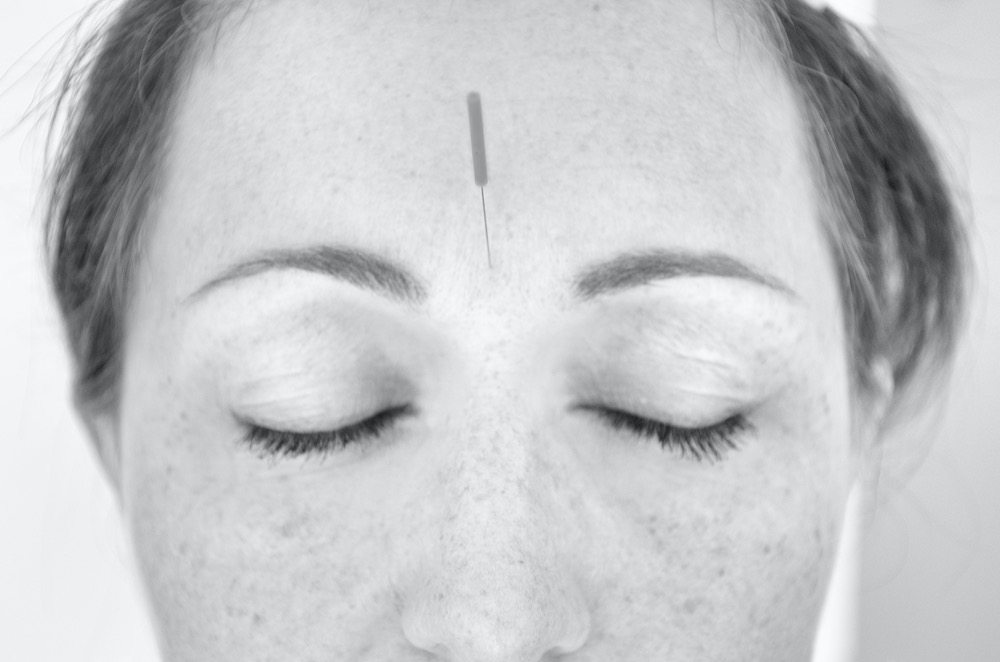
“It is by virtue of the twelve channels that human life exists, that disease arises, that human beings can be treated and illness cured. The twelve channels are where beginners start and masters end.” The Classic of Acupuncture
Circa 1st Century BCE
